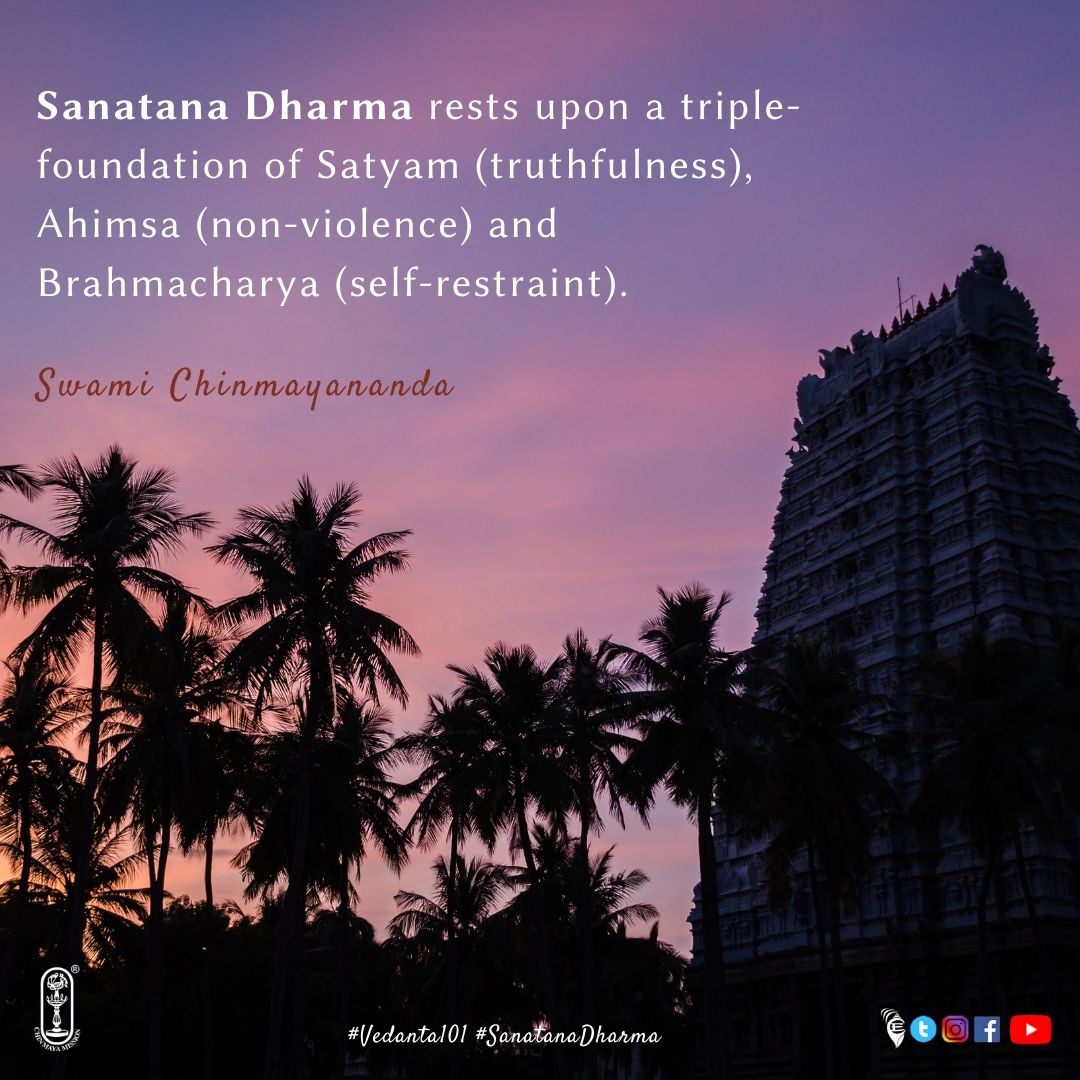BHAGAVAD GEETA:Chapter-2-3./Post-24.Swami Advayanandaji.
==============================================================
BHAGAVAD GEETA
Chapter - 2
Discourse – 2 (72 Slogas)
“Yoga of the SUPREME SELF”
Sri Veda Vyasaji
================================================================
Wednesday, 30 Aug 2023. 06:20.
Slogam - 4: Arjuna on the Defensive
Post - 24.
================================================================
2.2 ARJUNA ON THE DEFENSIVE
(Slogas 4-10, 7 No.)
ARJUNA IS NOW GIVEN a second chance to respond – a second “bite at the cherry”.
His words this time round are to be weighed against the initial response of Sri Krishna,
which is not very palatable or sweet to his Ego, but which is precisely the cure needed by his
Soul.
Arjuna has just received a hammering to his ego from his friend, Sri Krishna. It was
not sympathetic or complimentary. They were tough blows. It was as if Krishna had said to
him, “I do not expect you to do this. You are bringing disgrace to Me also.”
Throughout Chapter 1, Sri Krishna had remained silent. Arjuna was waiting for a
reaction from Krishna, his Friend. Instead, he got a reaction from Krishna, the Teacher.
Arjuna’s first reaction is to go on the defensive. He is unable to correct himself at once. He
needs some more time, more explanation of the Lord’s course of action.
Arjuna picks up, point for point, each of the three criticisms levelled at him by Sri
Krishna. He lays his dilemma squarely and honestly before Sri Krishna. He is in that intermediate zone in which he is unsure whether to take Krishna as his friend or as his teacher.
==============================================================
Slogam - 4: Arjuna on the Defensive
Arjuna Uvaacha: Arjuna said:
1 Katham Bheeshmam aham sankhye = How shall I engage in battle with Bhishma
2 Dronam cha Madhusoodana; = and Drona, O Madhusudana,
3 ishubhih prati-yotsyaami = and fight them with arrows, (for they are)
4 poojaa-arhau, Arisoodana. = worthy of worship, O destroyer of enemies?
================================================================
Commentary
1-2 The feeling for his teachers is too strong in him. He just cannot see how he could
bring himself to kill his own teachers Bhishma and Drona. He has always held them in the
highest regard. They deserve to be worshipped, not killed; how could he pierce them with
his arrows? Both Bhishma and Drona had the boon that they could not die except by their
own consent. Bhishma was a Naishtik Brahmachari, a lifelong celibate, which gave him
tremendous spiritual strength, and made him worthy of reverence.
3-4 We see that Arjuna’s response challenges all three words which Sri Krishna used
to describe his despondency. It shows how attentively Arjuna was listening to Sri Krishna; it
shows how deeply affected he was by Sri Krishna’s words; in the process, it also shows the
literary brilliance of Sage Vyasaji, and the analytical brilliance of Acharyaji.
i) Was he being unworthy? Which worthy person would attack his own teachers?
ii) Was he denying himself entry into heaven? What right has a person to gain entry
in heaven, if he does the atrocious deed of killing his own teachers?
iii) Was he disgraceful? What could be more disgraceful than to kill one’s own
teacher?
We also had a taste of the analytical brilliance of Acharyaji. He brought to our
attention the subtle distinctions that separate three types of logic:
i) Factual logic: This type always checks out the correctness of all facts before coming
to conclusions.
ii) Emotional logic: This is swayed heavily by emotion (which is really an effect of
delusion) and is invariably accompanied by wet eyes.
iii) Legal logic: This is devoid of any foundation of truth. It is a ruthless application of
logic that can be twisted to suit one’s desired conclusion, as typically used by lawyers.
Arjuna’s logic fits into the second category, whereas Sri Krishna’s is from the first.
Arjuna is perplexed because his vision is limited to his small circle; Sri Krishna is viewing
things from the larger standpoint. His circle is all-encompassing. The two views are bound to
differ. Only from a wide perspective, can Truth be seen.
We see more of Arjuna’s limited vision in the verses that follow…
Firstly, the change of meter in the next four verses conveys to us the heavy load of
emotion carried by Arjuna.
When we depart from the Truth, emotions and sentiments hold sway over us.
Emotional logic has great convincing power. As much as Arjuna is convinced of this logic, Sri
Krishna is unmoved by it because He knows it starts with a wrong premise.
Arjuna’s premise is: “One should never engage in war with relatives or teachers.”
Such a premise is incorrect as truth and justice override such considerations.
*****
Next
Slogam - 5 The “Bread of Beggary”
T0 be continued
==============================================================












Comments
Post a Comment